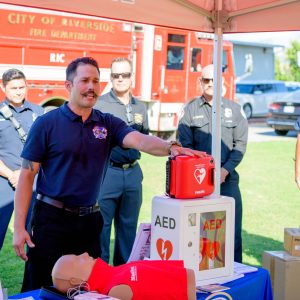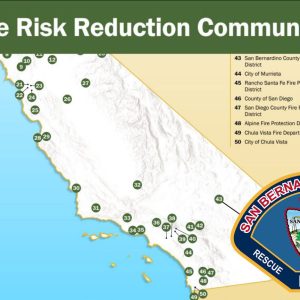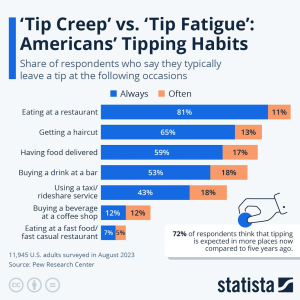 View Winners →
View Winners → The Road to College: March
By May S. Ruiz
For some high schoolers, spring break comes this month. It may well be a welcome respite for your children, a time to recharge as they head towards the end of the school year. While it is an opportunity for them to relax, it is also a chance to evaluate where they are on their schoolwork.
FRESHMAN:
Your children should have all their grades on track. They need to concentrate on maintaining good study habits now to be better equipped to handle the rigors of the workload in the coming years. If they haven’t been reading much, they should seriously consider taking up reading as a hobby during spring break. This will help them increase their vocabulary, which they will need to take the SATs, and as preparation for writing their essay.
They need to line up their summer activities. Their grade dean would have some ideas as to how they can explore their passions and research summer opportunities.
SOPHOMORE:
Tenth graders who are taking AP courses need to register for the AP exams administered in May. While there are a slew of small independent tutoring schools offering courses to prepare for the AP tests, some children do not need to take on this additional burden on their already busy schedules. Your children have enough on their plate with the intensive homework associated with an advanced placement course. Your kids would still have to show competence on the AP exams as all scores are submitted to the College Board – all the colleges to which your children apply will see the AP scores.
Your children should also take the SAT subject tests. Your children’s teachers could provide guidance on what they need to prepare for. They might want to ask the teachers in that particular course for study suggestions, review packets, and sample tests. There are also test prep books available in bookstores and online. In my daughter’s school, teachers tell their students that the best way to prepare is by doing their best throughout the academic year, being familiar with the information the test covers, and effectively reviewing the concepts learned in class. Furthermore, they encourage their students to take some practice tests to understand the structure of the exam, and to know what to expect on the day of the test. Needless to say, students should read the directions carefully, understand how it is scored, and be aware of the time limit, on testing day.
Your children may want to consult their class dean regarding summer activities – academic enrichment programs, volunteer work, or part-time employment. College admissions officers are looking for students who explored their passions while getting good grades.
JUNIOR
Besides registering and preparing for the SAT or ACT, your children should use the spring break to visit college campuses. If possible, they should have a prepared college visit checklist with a page or several pages allotted for each school. For each of the schools, they would need to write their overall impressions – what they liked most or least.
They should write their observations by categories: the intellectual atmosphere (Do students enjoy their courses or are they stressed-out? What is the advising system for freshmen? Are there opportunities for independent study/study abroad?). They should note the social climate (Do students stay on campus or do they leave on weekends? What are the facilities for socializing? Is there an active Greek life?) They should observe the campus life (What are the living arrangements? Is there guaranteed housing for four years? What are the dining options?).
One major concern for parents and children should be security on campus (Can outsiders gain access to the library, the fitness center or student union? Are there video cameras around the school periphery?). Of course, the most serious threat to students’ well-being may actually be within the confines of the institution. When my daughter and I visited colleges, the issue of campus rape didn’t come up during the information sessions. But it has since become part of the national conversation and some universities are addressing the topic up front. I, personally, would want to know if officials have safeguards in place to prevent such crime from occurring. Do administrators disclose information about it or do they hide and blur the facts? What consequences does the school impose on perpetrators?
Some children know right away when they visit a campus that they don’t seem themselves in it. It could be that it isn’t the right intellectual or academic fit for them; or the environment doesn’t suit their lifestyle. But it’s a good thing to know before they decide to apply.
SENIOR
After the marathon they finished, your children could be quite restless and anxious to hear from the colleges. Remind them to keep their focus on academics and their grades. They should still engage in other worthwhile activities like sports or arts. At my daughter’s school, rehearsals for the spring musical, which she was heavily involved in, were at full speed so students’ minds were occupied with something besides worrying about college acceptances.










































































































